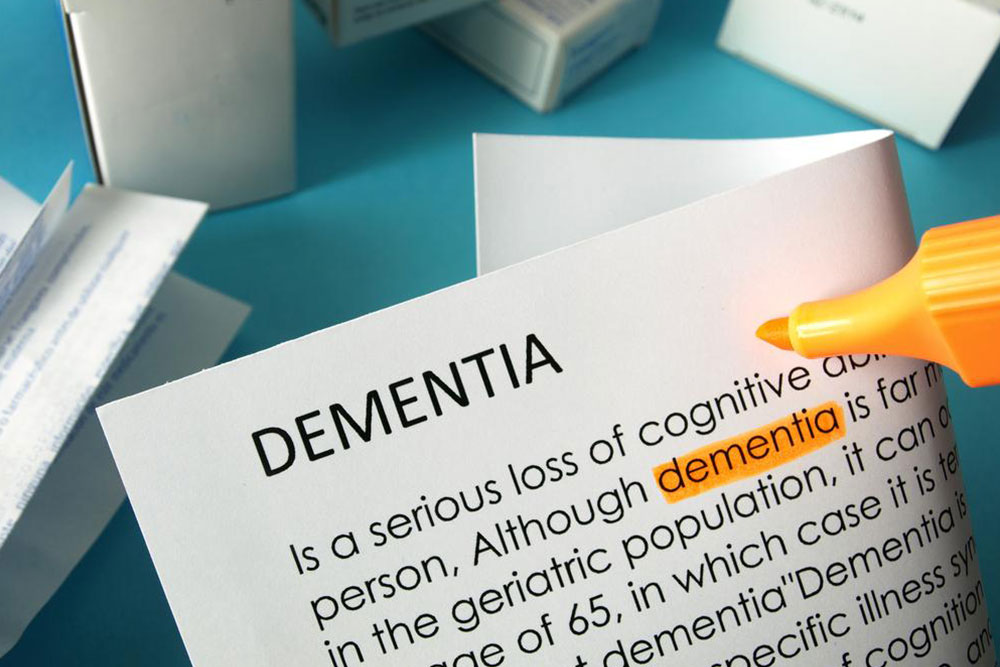Understanding the 7 Stages of Dementia Progression
This article offers a comprehensive overview of the seven stages of dementia, highlighting signs, symptoms, and care considerations. Understanding these stages aids caregivers and health professionals in timely intervention, improving quality of life for individuals with dementia. The guide emphasizes early detection, symptom progression, and the importance of tailored care strategies to manage the condition effectively.

Understanding the 7 Stages of Dementia Progression
Dementia develops gradually and is irreversible, impacting memory, thinking, and daily functioning. Recognizing its stages helps caregivers and healthcare providers better manage the condition. The widely used Global Deterioration Scale (GDS) categorizes dementia into seven stages, guiding diagnosis and care strategies.
Stage 1: No Cognitive Decline
Individuals show no noticeable symptoms or behavioral changes. Memory and thinking abilities remain intact, and there’s usually no reason to seek medical attention at this point. Regular checkups can identify early signs, allowing for proactive planning and management.
Stage 2: Very Mild Cognitive Changes
Early signs, such as occasional forgetfulness, may appear. Forgetting familiar objects or names are subtle and often dismissed as normal aging. These mild symptoms are difficult to detect through standard tests but indicate the beginning of cognitive decline.
Stage 3: Mild Cognitive Impairment
Friends and family notice increased memory issues and concentration difficulties. Common signs include trouble recalling names, organizing tasks, or misplaced objects. Healthcare assessments reveal observable behavioral changes, making early detection crucial.
Stage 4: Moderate Decline
Individuals experience significant memory lapses and difficulty recalling recent events. Tasks like managing finances become challenging. Behavioral shifts such as withdrawal, mood swings, and anxiety become more apparent.
Stage 5: Moderate to Severe Decline
Disorientation regarding time and place intensifies. Decision-making and counting capabilities decline. While they may remember their own names or immediate family, detailed memories fade. Assistance with daily choices and self-care increases.
Stage 6: Severe Cognitive Impairment
Patients depend heavily on caregivers. Communication abilities diminish, personality changes emerge, and they may forget recent events. Symptoms include agitation, repetitive behaviors, and difficulty with daily routines, requiring substantial support.
Stage 7: Very Severe Decline
Individuals lose the ability to respond to their environment, converse, or perform basic movements. They become entirely dependent, unable to hold conversations or even smile. Complete assistance is necessary for daily activities like eating and personal hygiene.
Dementia Monitoring
Tracking the progression through tools like the dementia chart aids healthcare providers in tailoring care and potentially slowing decline. Recognizing the stages and acting promptly enhances quality of life for those affected.










